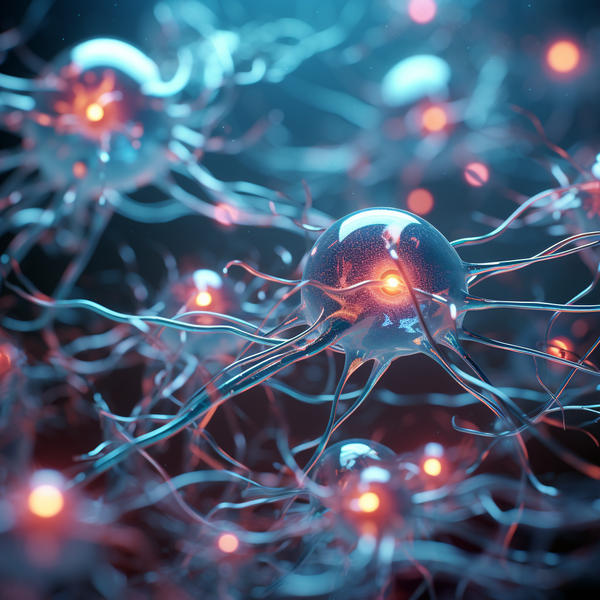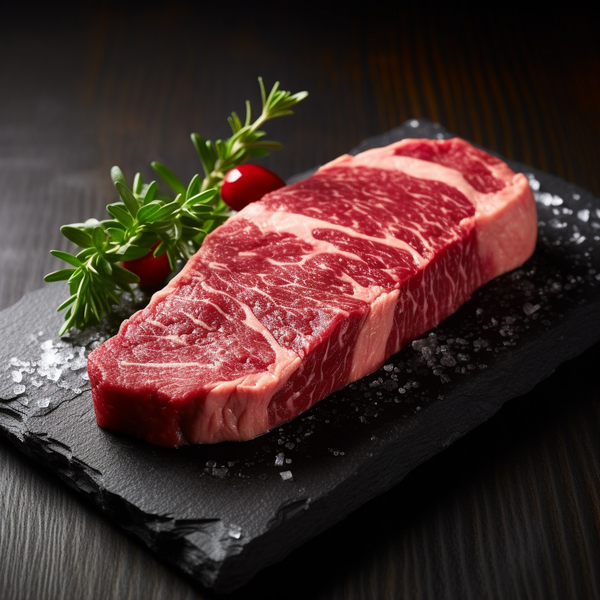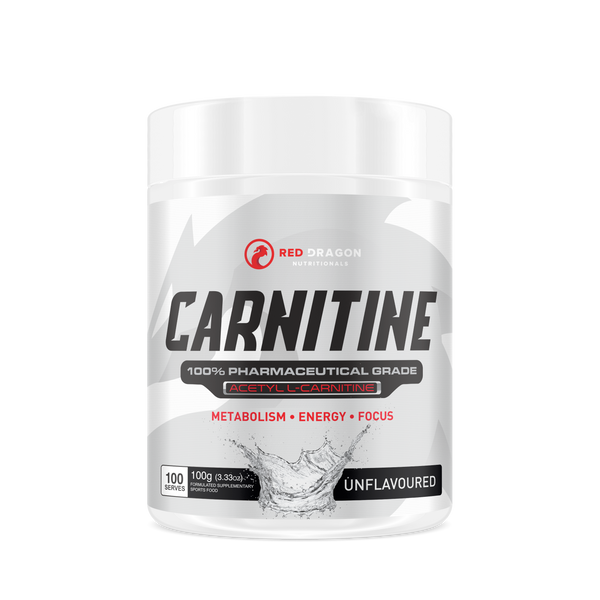L-Carnitine is a powerhouse amino acid derivative that has gained significant attention for its potential benefits in weight loss, brain health, heart health, and more. But what exactly is L-Carnitine, and how does it function in the human body? This article delves into the science behind L-Carnitine, outlining its benefits, side effects, optimal dosage, and sources, to help you make an informed decision about its consumption.

Understanding L-Carnitine
L-Carnitine is a nutrient that plays a pivotal role in energy metabolism. It serves as the shuttle for fatty acids, moving them into the mitochondria where they can be oxidized—or burned—to generate energy. Produced naturally in the body from amino acids lysine and methionine, L-Carnitine requires vitamin C for its synthesis. Animal-derived foods like meat and dairy are also good sources.
How L-Carnitine Works in the Body: A Step-by-Step Table
| Step | Component Involved | Action | Description |
|---|---|---|---|
| 1 | Amino Acids | Synthesize | Amino acids like lysine and methionine initiate the production of L-Carnitine. |
| 2 | Vitamin C | Co-factor | Vitamin C acts as a co-factor in the synthesis of L-Carnitine, essentially giving it a helping hand. |
| 3 | L-Carnitine | Transport | Once formed, L-Carnitine transports fatty acids into the mitochondria, the "power plants" of cells. |
| 4 | Mitochondria | Oxidization | Inside the mitochondria, these fatty acids are oxidized or "burned" to generate energy. |
| 5 | Energy | Output | The end result is the production of energy that powers various cellular functions across the body. |

Types of Carnitine
- D-Carnitine: This form is inactive and may cause liver inflammation.
- Acetyl-L-Carnitine (ALCAR): Highly effective for brain function, often recommended for neurodegenerative conditions.
- Propionyl-L-Carnitine: Suited for circulatory issues and may improve blood flow.
- L-Carnitine L-Tartrate: Common in sports supplements for its quick absorption, aiding in muscle recovery.
The Role of L-Carnitine in the Body
L-Carnitine primarily supports mitochondrial function. Over 95% of L-Carnitine is stored in your muscles, with minor amounts found in the liver, kidneys, and heart. It may improve mitochondrial efficiency, playing a role in disease prevention and healthy aging.

L-Carnitine and Weight Loss
L-Carnitine aids fat metabolism, making it a popular choice for weight loss regimes. It can reduce body weight, BMI, and fat mass, although its effects on abdominal fat are inconclusive. A meta-analysis indicated an average weight loss of 2.9 pounds in individuals consuming L-Carnitine supplements.

Brain Function Enhancement
Acetyl-L-Carnitine (ALCAR), a form of L-Carnitine, has shown promise in preventing age-related mental decline and improving learning markers. A 28-week study demonstrated significant cognitive improvements in dementia patients who took 1,500 mg of ALCAR daily.

Other Health Benefits
Heart Health
L-Carnitine reduces diastolic blood pressure, improves heart function, and lowers LDL cholesterol levels.
Exercise Performance
It enhances oxygen supply to muscles, improves stamina, and aids in muscle recovery.
Type 2 Diabetes
Supplementation can reduce fasting blood sugar levels and improve insulin sensitivity.
Depression
Studies indicate that Acetyl-L-Carnitine can effectively reduce symptoms of depression with fewer side effects than conventional antidepressants.

Side Effects and Risks
Doses up to 2 grams per day are generally well-tolerated. However, long-term use may elevate TMAO levels, increasing the risk of atherosclerosis.

Dietary Sources of L-Carnitine
Curious to know where you can get L-Carnitine from natural sources? Well, you're in luck! L-Carnitine is predominantly found in animal-based foods. Below is a comprehensive table detailing the amount of L-Carnitine in various meats.
| Food Source | L-Carnitine Content (mg per 3.5 oz) | Academic Notes |
|---|---|---|
| Beef | 139–143 | Beef is a rich source of L-Carnitine and is often cited in scientific literature for its high levels. It's a great option for those looking to increase their intake. |
| Pork | 25–61 | Pork has a moderate amount of L-Carnitine. The levels can vary depending on the cut and how the pork is prepared. |
| Chicken | 13–34 | Chicken contains lower levels of L-Carnitine compared to red meats. However, it's a leaner option and can still contribute to your overall intake. |
It's important to consult your healthcare provider for personalized dietary advice, especially if you have specific health conditions or dietary needs.

Takeaway
L-Carnitine is a fascinating nutrient with a broad spectrum of health benefits. As always, consult your healthcare provider before beginning any supplement regimen.
FAQ's
Q1: What is L-Carnitine and how does it function in the body?
L-Carnitine is a nutrient derived from amino acids that plays a crucial role in energy metabolism. It serves as a shuttle for fatty acids, transporting them into the mitochondria where they are burned to produce energy.
Q2: What are the different types of Carnitine, and what are their specific benefits?
There are several types of Carnitine:
- D-Carnitine is inactive and may cause liver inflammation.
- Acetyl-L-Carnitine (ALCAR) is effective for brain function and often recommended for neurodegenerative conditions.
- Propionyl-L-Carnitine is good for circulatory issues and may improve blood flow.
- L-Carnitine L-Tartrate is commonly found in sports supplements for its quick absorption and aid in muscle recovery.
Q3: What are the potential health benefits of L-Carnitine?
L-Carnitine has various health benefits, including aiding in weight loss, enhancing brain function, improving heart health, and boosting exercise performance. It may also lower fasting blood sugar levels and show promise in alleviating symptoms of depression.
Q4: Are there any side effects or risks associated with L-Carnitine supplementation?
L-Carnitine is generally well-tolerated in doses up to 2 grams per day. However, long-term use may elevate TMAO levels, which could increase the risk of atherosclerosis.
Q5: What are some natural dietary sources of L-Carnitine?
L-Carnitine is predominantly found in animal-based foods. For example, beef contains 139-143 mg per 3.5 oz, pork has 25-61 mg, and chicken contains 13-34 mg.

Disclaimer:
The information provided in this FAQ and blog excerpt is for educational and informational purposes only. It is not intended as a substitute for professional medical advice, diagnosis, or treatment. Always consult with your healthcare provider before beginning any new health regimen or taking any supplements, including L-Carnitine. While every effort has been made to ensure the accuracy and reliability of the information, we make no warranties about its completeness or suitability for individual needs.


